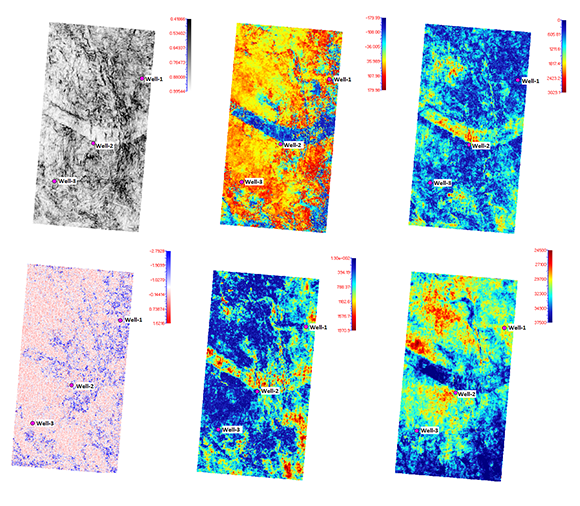

The course is designed from an applied standpoint for geophysicists, with numerous case studies serving to provide critical insight into the use of seismic data in early exploration efforts through later development and reservoir characterization phases. Multiple exercises are used to provide important hands-on learning.
Please note:
Participants must provide their own laptops for this course.
Geoscientists, engineers, team leaders, geoscience technicians, asset managers, and anyone involved in using seismic data needs to understand and use this data at a basic level or to communicate with others that use it
CDGA attendance certificate will be issued to all attendees completing minimum of 80% of the total course duration.
| Code | Date | Venue | Fees | Register |
|---|---|---|---|---|
| DE190-02 | 07-06-2026 | Dubai | USD 5450 | |
| DE190-03 | 27-07-2026 | Istanbul | USD 5950 | |
| DE190-04 | 25-10-2026 | Doha | USD 5450 |
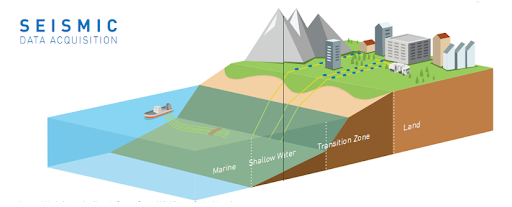
O&G exploration is a series of capital-intensive activities, where data results are continuously affecting succeeding operations from the onset. It is only necessary that even from the initial stage o ...
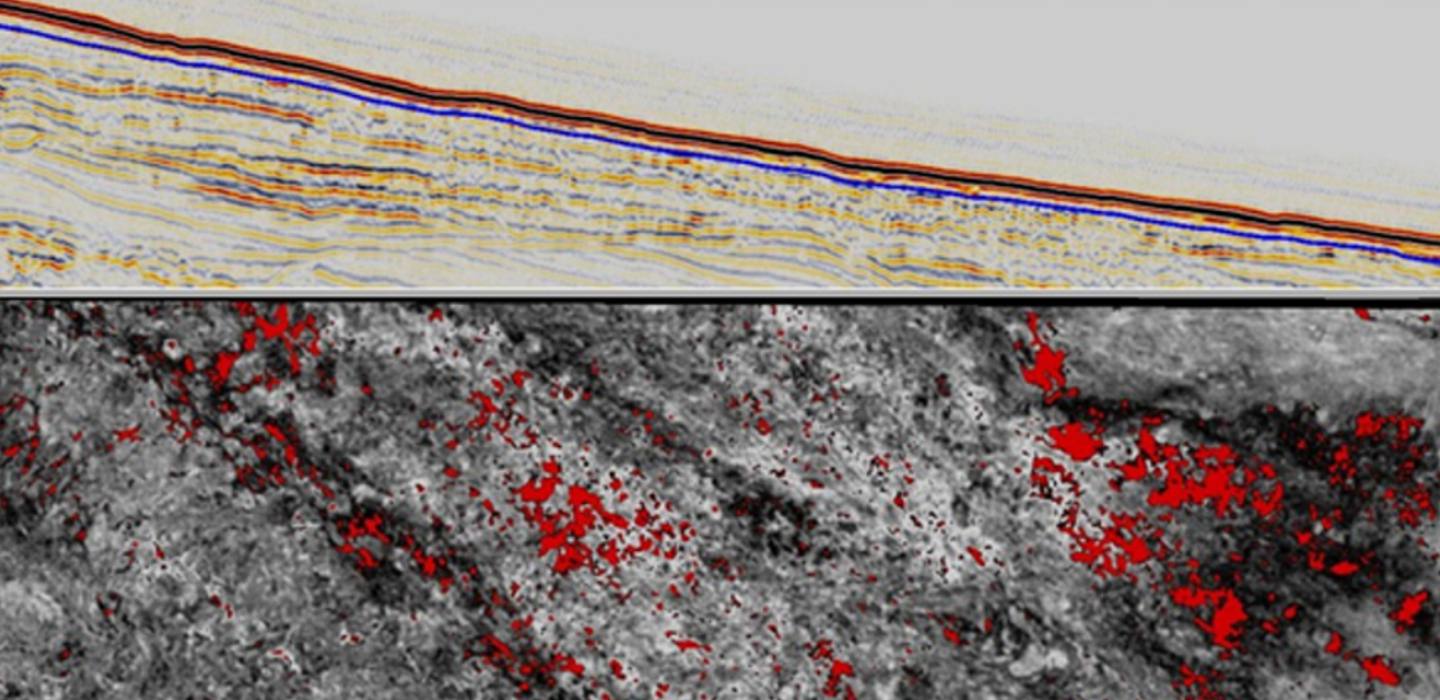
Many of our technologies are unique and patented, and offer more and detailed information from your reservoir, enabling you to make better informed, more appropriate and more accurate drilling decisio ...
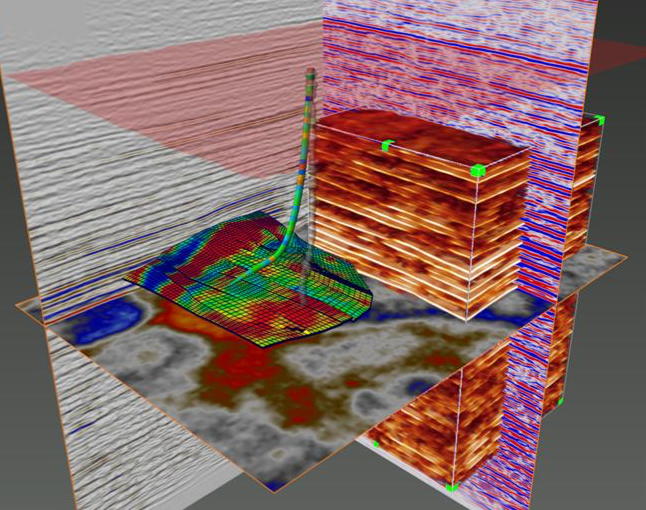
Rifts represent part of an evolutionary sequence of crustal and upper mantle stretching that leads to normal faulting resulting from extension. Rift basins, as a distinct geological category, account ...
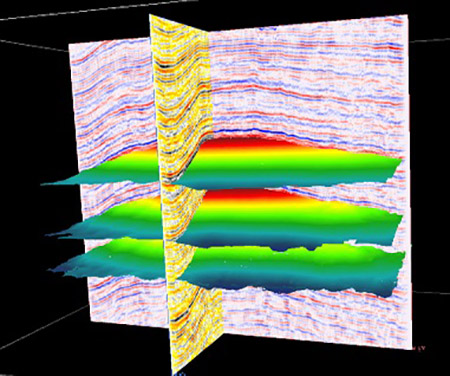
This course is designed to give a broad-based review of the key seismic interpretational techniques relevant to subsurface analysis. The nature of the seismic response will be considered with referenc ...
Providing services with a high quality that are satisfying the requirements
Appling the specifications and legalizations to ensure the quality of service.
Best utilization of resources for continually improving the business activities.
CDGA keen to selects highly technical instructors based on professional field experience
Since CDGA was established, it considered a training partner for world class oil & gas institution
3012, Block 3, 30 Euro Business Park, Little Island, Co. Cork, T45 V220, Ireland
Mon to Fri 09:00 AM to 06:00 PM
Contact Us anytime!
Request Info